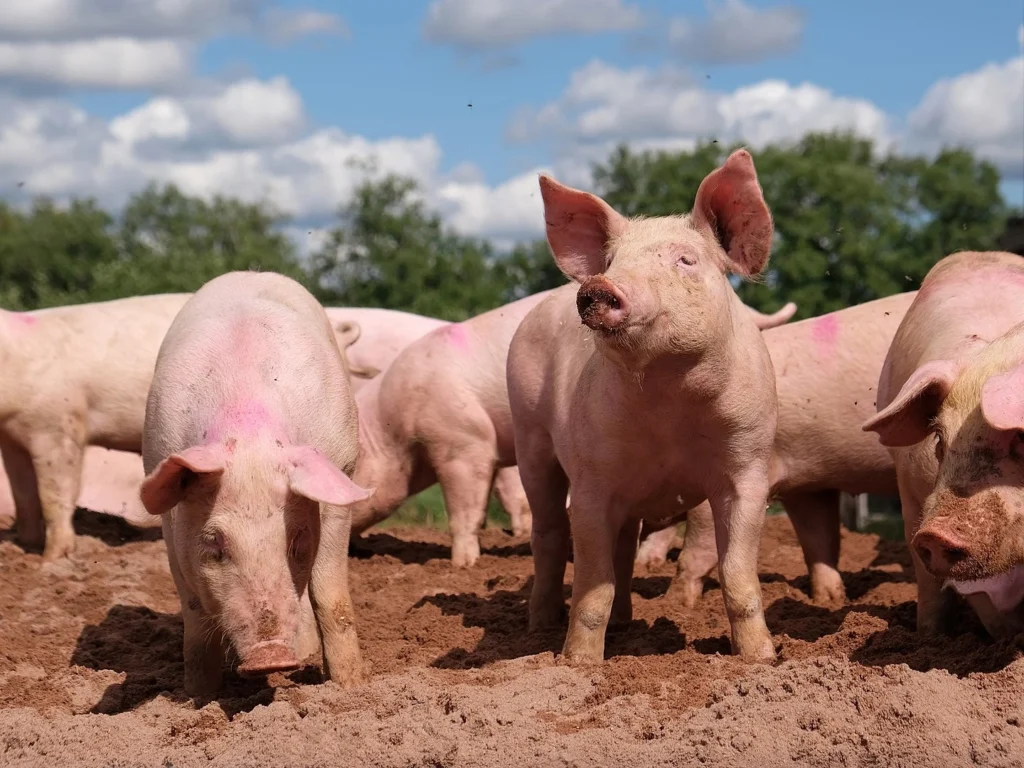Hey there, friends! Today, let’s delve into a topic that sparks curiosity and sometimes controversy: Eating Pork According to the Bible. Many of us have wondered about what the Scriptures say regarding dietary choices, especially concerning pork. Let’s explore the biblical teachings and their relevance today.
Understanding Biblical Teachings on Clean and Unclean Animals
In the Bible, particularly in Leviticus Chapter 11, God draws a clear distinction between animals considered clean and those deemed unclean. According to these teachings, clean animals are those that chew cud and have cloven hoofs. This criteria excludes animals like pigs, which, despite having cloven hoofs, do not chew cud.

Criteria for Clean and Unclean Animals
These criteria help us grasp the rationale behind these dietary laws. They were established not only for health reasons but also to symbolize purity and holiness in daily life.
Why Do These Laws Exist?

Health Reasons and Associated Risks
One of the primary reasons for these dietary laws relates to health. Pigs are known scavengers that consume almost anything, which increases the risk of bacterial contamination. Modern studies consistently highlight the higher risks of diseases associated with pork consumption.
Spiritual and Symbolic Significance
Beyond health concerns, these laws carry deep spiritual significance. They teach us about maintaining purity and obedience to God’s commands, underscoring that what we consume physically can impact us spiritually.
New Testament Perspectives and Clarifications
The New Testament provides further insights, particularly in Acts Chapter 10 and Mark Chapter 7, where discussions on dietary laws and cleanliness occur. These passages often suggest a shift in dietary practices, but closer examination reveals deeper meanings.
Interpretations of Jesus’ Teachings

Jesus’ teachings frequently clarified the intent behind these laws. His discussions with the Pharisees emphasized that it’s not what enters our bodies that defiles us, but what comes from within. This highlights the importance of spiritual purity.
Practical Applications in Today’s World
Health Implications Today
In today’s context, the health risks linked to pork consumption are well-documented. Pigs are raised in conditions that can lead to bacterial contamination, posing significant health risks. This aligns with the biblical wisdom of avoiding unclean animals for health reasons.
Spiritual Reflection and Personal Choices
Understanding these dietary laws prompts Christians to reflect on how they honor God with their bodies. Viewing our bodies as temples of the Holy Spirit encourages us to make mindful choices, including our dietary habits.
Conclusion
In conclusion, the debate surrounding eating pork according to the Bible extends beyond dietary restrictions; it’s about honoring God through our bodies and daily choices. Whether adhering strictly to these ancient laws or interpreting them through a modern lens, the underlying message of health and spiritual purity remains relevant.
Recommended Products
The Great Controversy Book

Are You Interested in These Topics?
- Read more about La Union Tourist Destination Guide: Top 6 Must-See Spots!
- Discover Santa Barbara California Tourist Destinations
- Learn about How Gardening Transforms Your Mental Well-Being




Pingback: How did Hinduism Begin? - Daily Dann